Barclays Takeover. . . No Zimbabwean had money to buy bank: RBZ
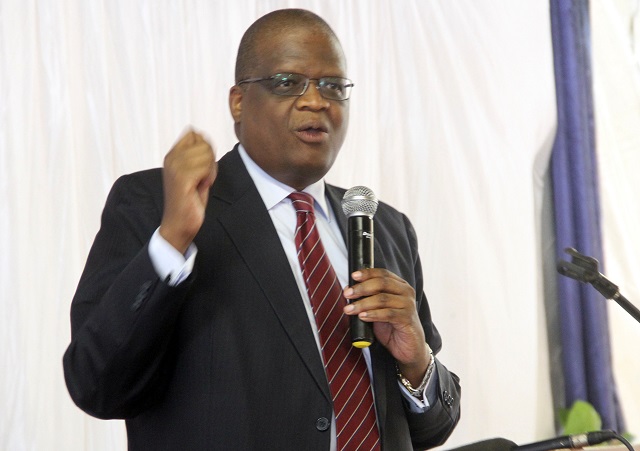
Prosper Ndlovu, Business Editor
BARCLAYS Bank of Zimbabwe was sold to the First Merchant Bank (FMB) Capital Holdings because no local Zimbabwean had the money to buy it, the Reserve Bank of Zimbabwe has said.
The British-owned Barclays Plc sold its 43 percent stake in the 105-year-old local unit for about $40 million to FMB as part of its divestiture from African operations.
The move generated anxiety among Zimbabweans recently who felt the sale was against the country’s indigenisation and empowerment laws.
The Zanu-PF Youth League was very vocal against the deal despite approval by authorities, arguing the bank should have been sold to locals.
However, Reserve Bank of Zimbabwe (RBZ) Deputy Governor, Dr Khupukile Mlambo said at the weekend that the takeover of Barclays Zimbabwe unit by a foreign player was reflective of the serious liquidity challenge presently affecting the economy.
Given the depleted nostro reserves and persistent cash shortages in the face of illicit deals and externalisation of average $800 million per year, he said no Zimbabwean had that money to buy Barclays.
“That’s why for example Barclays Bank was sold to a Malawian (FMB Capital Holdings) because we couldn’t find locally here somebody who could buy it.
“We had no money to buy and if we were to buy it we were going to borrow from an institution. It means we were going to borrow from local banks then we ship that money to the UK because Barclays headquarters are in the UK,” said Dr Mlambo.
He said the arrangement meant the country was going to export money.
“We needed someone who could bring in their own money. This is the challenge. So, all this, which is in the papers is nonsense,” said Dr Mlambo.
He said the deal was compliant with local empowerment regulations, as Barclays Plc was effectively selling 43 percent of its shares, which is relatively lower than the 49 percent threshold for foreign investors.
The Malawi Stock Exchange-listed FMB also has interests in Botswana, Mozambique and Zambia.
Dr Mlambo said Zimbabwe’s greatest need at the moment was increased domestic and foreign investment into the economy.
He said the country’s liquidity was low when compared to regional counterparts despite the fact that Zimbabwe is using US$ as a local currency.
“We need more exports because that’s our printing press. Clearly we have a challenge here. Our economy is also not attractive enough to foreign direct investment because that’s another way of getting dollars,” said Dr Mlambo.
“Just as an example in 2015 our total foreign direct investment (FDI) was $421 million, in Zambia on the same year it was $1.6 billion and in Mozambique it was $3.7 billion.
“That’s why Zambia has more dollars because they attract foreign direct investment.”
The RBZ Deputy Governor said most investors were raising concern over indigenisation regulations but the issue was clearly explained by President Mugabe last year.
Dr Mlambo challenged Zimbabweans to invest more in wealth creation by boosting productivity mainly in agriculture and manufacturing sectors. He also commended the Government’s Science Technology Engineering and Mathematics (STEM) thrust as a practical programme towards creating a sound base for economic transformation. Zimbabwe needs to improve the doing business environment and to re-engage with the international community to attract more FDI, said Dr Mlambo.

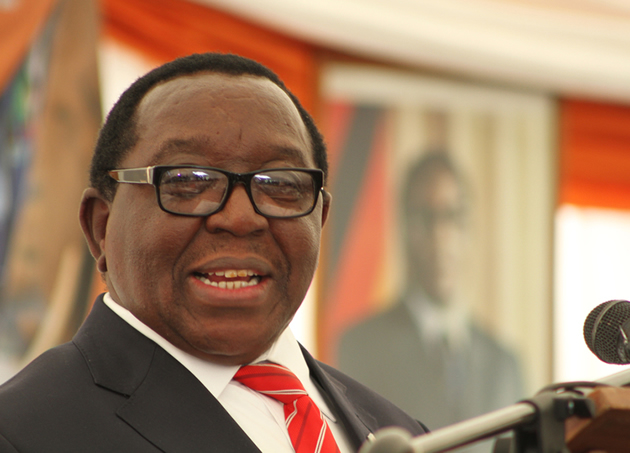
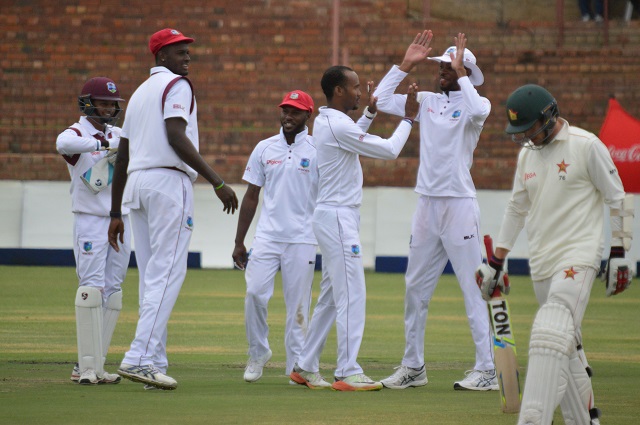

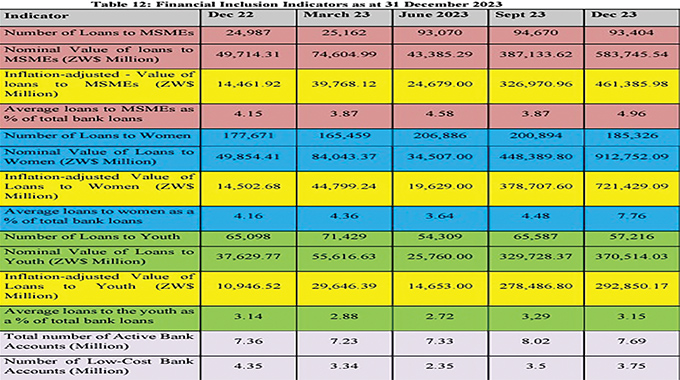






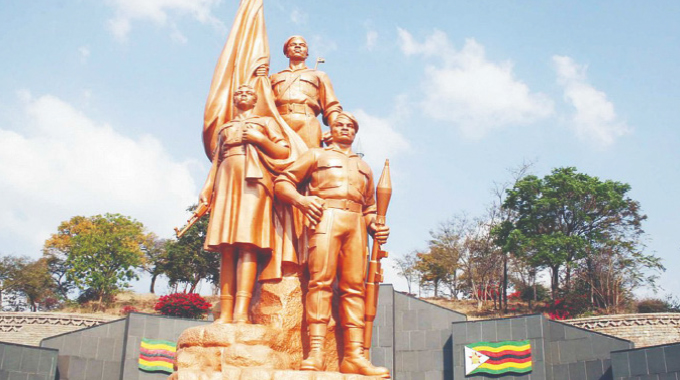
Comments